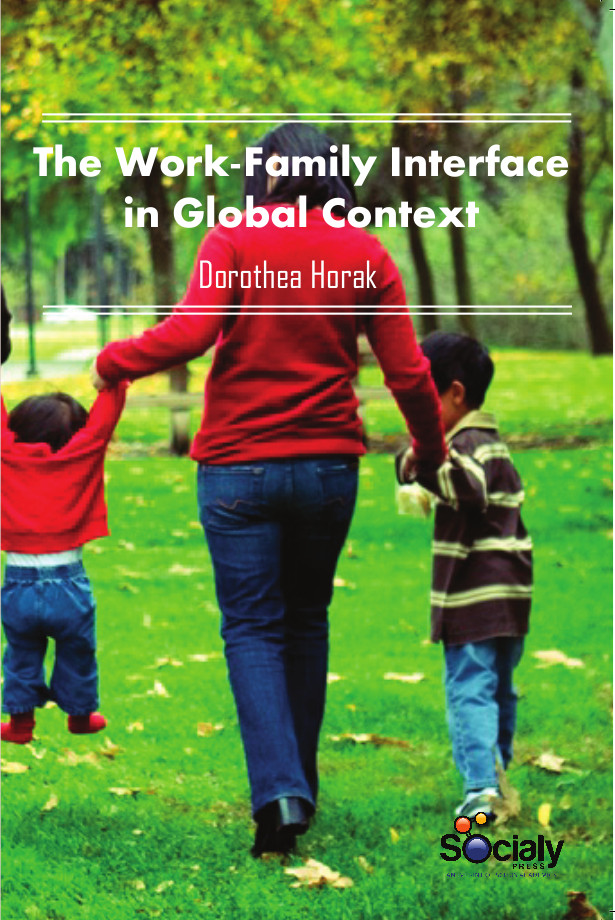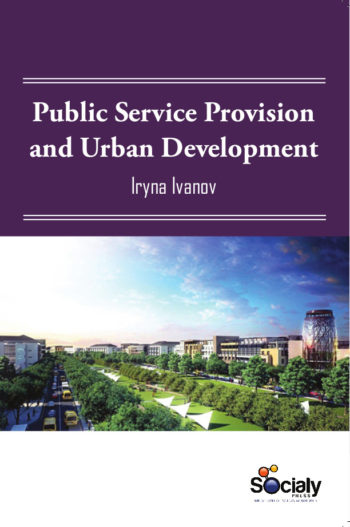Work–life interface is the intersection of work and private life. Work–family conflict and enrichment are experiences that occur daily and have substantial consequences for employees, their families, and the organizations that employ them. The aim of the current review is to make a link between life and career stage, work and family conditions, and the work–family interface. This interface can be adverse in nature (e.g., work-life conflict) or can be beneficial (e.g., work-life enrichment) in nature. Family, work, and health are mentioned by adults as the most important things in their lives. Ideally work promotes psychological health in the form of income and the development of a sense of accomplishment; family or home, in turn, is a place for attaining close relationships, personal happiness, and recovery. Today’s adults are, however, facing many challenges while trying to find a satisfying balance between these life domains. Working life in society has undergone changes during recent decades, a development which is associated with global competition and the “24/7” service-on-demand society that is also evident. This has demanded that workers be flexible, expend more effort, and endure uncertainties in their lives, even at the risk of their mental health and fulfilling family life. Context of the work-family interface refers to the perspective from which the work-family interface is studied. In terms of the ecological systems theory, individual experiences in face-to-face relationships within work and family domains reflect the micro-systems of the work-family interface. The linkages and processes occurring between work and family in addition to shared experiences and reciprocal effects that occur between an individual and his/her role partners reflect the system of the work-family interface. The influence of the third life domain, in which an individual is not involved in work-family interface processes that directly involve him or her, constitutes the exosystem effects. The influence of broader social contexts, such as subcultures or larger groups with distinctive norms and rules, on the work-family interface constitutes the macro-system effects.
The Work-Family Interface in a Global Context contains widespread and precise cross-cultural study of the work-family interface in contemporary society. Just as work-family conflict is linked with negative consequences for workers, organizations, and societies, so too can the work and family sphere relate positively to enhance or enrich one another. It provides narrative knowledge on the topic from different perspectives, highlighting not only the inherent challenges but also the positive side of working in a modern globalized world. In addition, the book covers several different perspectives on the work and personal life interface offering insights on the areas like adjustment, social support, dual-career issues and organizational practices. The contributed chapters in this collection explore the influence of culture on the work-family interface, in order to help researchers and managers understand the applicability of work-family models.













